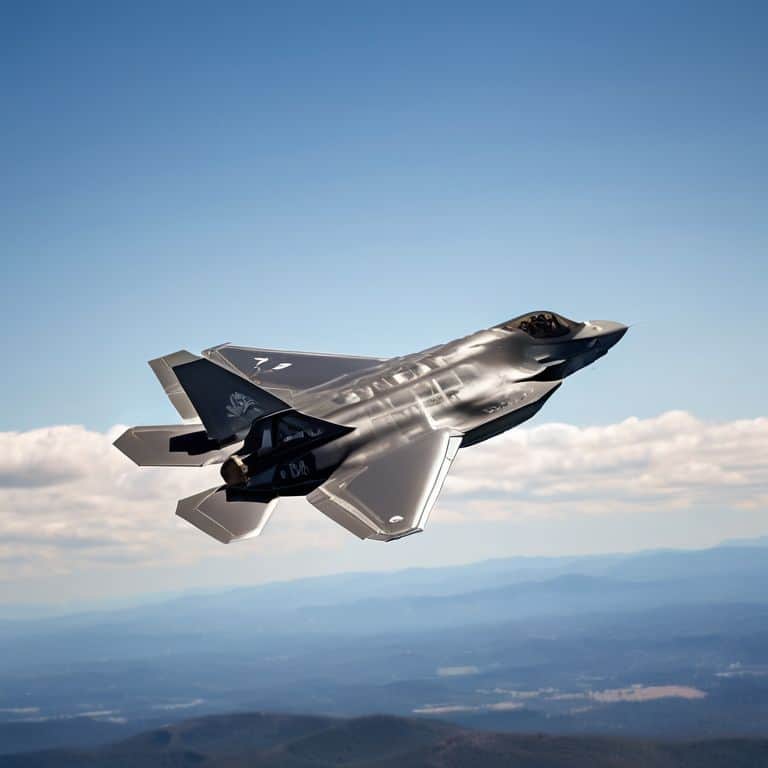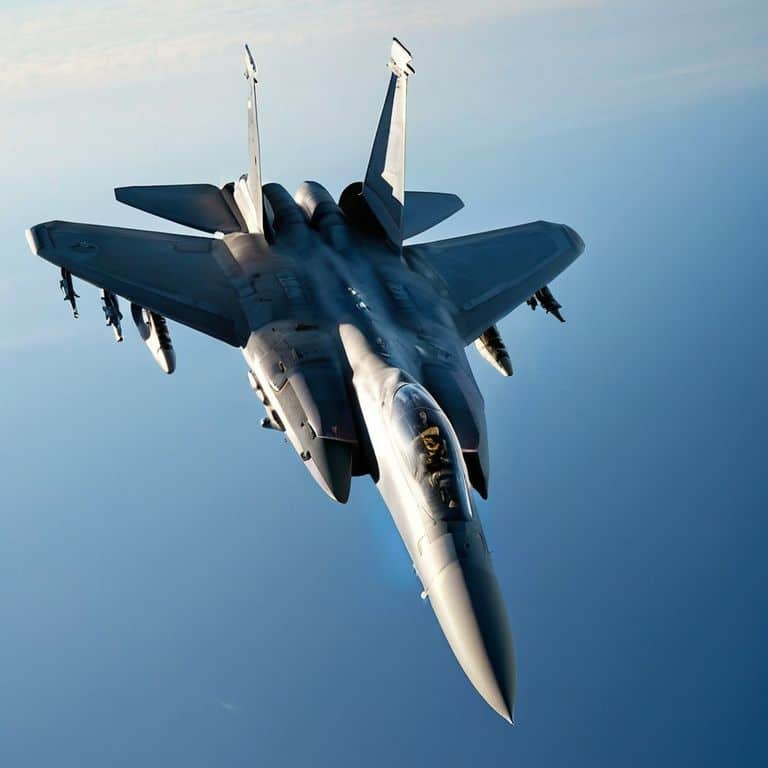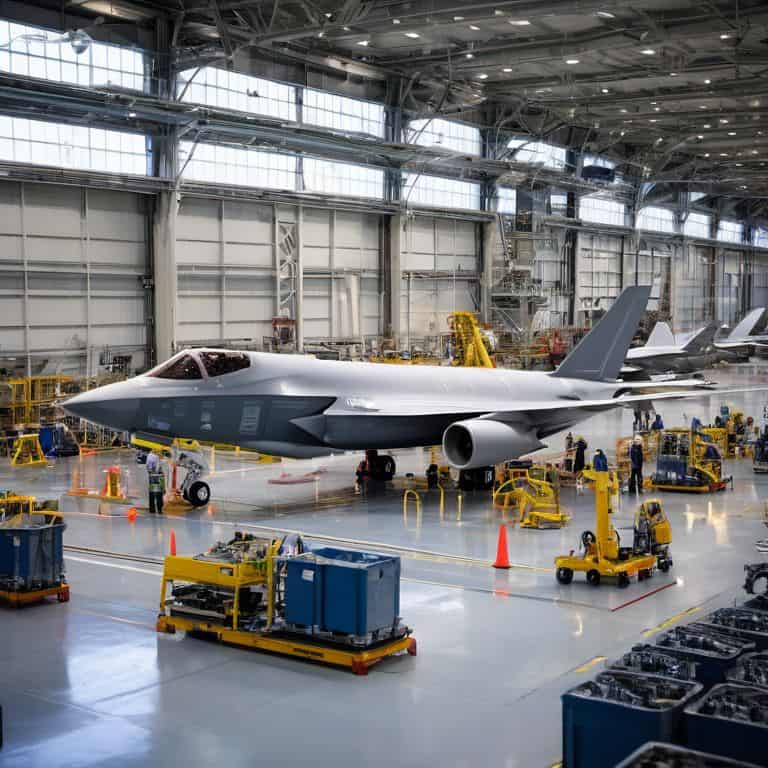I still remember the first time I attended a shareholder meeting for a major defense contractor, and the presenter boasted about their company being one of the top defense contractor stocks to watch. As I listened to their pitch, I couldn’t help but think about the complexities of the aviation market and how it’s often oversimplified by investors. The truth is, making informed decisions about defense contractor stocks requires a deep understanding of the industry’s nuances, from fleet modernization to geopolitical tensions.
As someone who’s spent years analyzing the financials of these companies, I’m here to offer you a no-nonsense guide to navigating the world of top defense contractor stocks. In this article, I’ll share my expertise and provide you with data-driven insights to help you make smart investment decisions. I’ll cut through the hype and give you a clear-eyed view of the market, focusing on the key performance indicators that really matter. My goal is to empower you with the knowledge you need to separate the promising investments from the speculative hype, and make informed choices about which defense contractor stocks are worth your attention.
Table of Contents
Top Defense Contractor Stocks

When it comes to investing in the aerospace industry, it’s essential to look at the financials of the major players. Companies like Lockheed Martin and Boeing are consistently at the forefront of defense stock market analysis. Their performance is heavily influenced by the US defense budget, which can make or break their stock prices. For instance, Lockheed Martin’s F-35 program is a significant contributor to its revenue, and any changes in the defense budget can impact its stock.
The global defense spending outlook is another crucial factor to consider when investing in defense contractor stocks. As global tensions rise, countries are increasing their defense spending, which can lead to increased demand for defense equipment and services. This, in turn, can drive up stock prices for companies like Boeing and Lockheed Martin. It’s also worth noting that top performing defense ETFs can provide a diversified portfolio for investors looking to tap into the defense industry.
In the battle of Boeing vs Lockheed Martin stock, it’s crucial to analyze their respective financials and market trends. Lockheed Martin’s diversified portfolio, including its missile defense systems, gives it an edge in the market. On the other hand, Boeing’s commercial aviation business can be a significant contributor to its revenue. By examining these factors and staying up-to-date on aerospace industry trends, investors can make informed decisions about which defense contractor stocks to invest in.
Aerospace Industry Trends to Watch
As I delve into the world of defense contracting, I’ve noticed a significant shift in aerospace industry trends. The rise of unmanned aerial vehicles (UAVs) and advanced missile defense systems has created new opportunities for investors.
One key driver of growth in this sector is the increasing demand for cyber security solutions, which is likely to impact the bottom line of major players in the industry.
Defense Stock Market Analysis Insights
As I delve into the financials of top defense contractors, I’m struck by the complex interplay of factors influencing their stock performance. From fluctuating government budgets to emerging global threats, the landscape is constantly shifting. My experience in analyzing market trends has taught me to focus on the metrics that truly matter, such as revenue growth and profit margins.
My data-driven approach to investment analysis has allowed me to identify opportunities that others may miss. By scrutinizing the balance sheets of industry leaders like Lockheed Martin and Boeing, I’ve developed a keen sense of what drives their success – and where potential pitfalls lie. This insight enables me to provide investors with a clear-eyed view of the defense stock market.
Defense Spending Outlook

As I delve into the defense spending outlook, it’s clear that the aerospace industry trends will play a significant role in shaping the market. The US defense budget, in particular, has a profound impact on stocks, with companies like Boeing and Lockheed Martin being heavily influenced by government allocations.
A closer look at the global defense spending outlook reveals a complex landscape, with various nations increasing their military expenditures. This shift has led to a rise in demand for advanced defense systems, making top performing defense ETFs an attractive option for investors.
In my analysis, I’ve noticed that the aerospace industry trends are not just driven by defense spending, but also by the companies’ ability to adapt to changing market conditions. For instance, the competition between Boeing vs Lockheed Martin stock is not just about who receives the most defense contracts, but also about their overall business strategy and diversification of revenue streams.
Boeing vs Lockheed Martin Stock Showdown
When evaluating the top defense contractor stocks, a crucial comparison is between Boeing and Lockheed Martin. Long-term growth prospects are a significant factor in this analysis, as both companies have a strong track record of delivering returns to investors. Boeing’s diverse portfolio, including commercial aviation, gives it an edge in terms of revenue streams.
In terms of market capitalization, Lockheed Martin has historically been more volatile, with its stock price closely tied to major contract announcements. However, this also presents an opportunity for investors to buy in during dips, potentially leading to higher returns over time.
Global Defense Budget Impact on Stocks
As I delve into the world of defense contractor stocks, I’ve noticed that global defense budget allocations play a significant role in shaping the market. The amount of money allocated to defense spending can make or break a company’s stock performance. I’ve seen it time and time again, where a slight increase in defense budget can send a stock soaring.
The financial health of these companies is deeply intertwined with government spending. When defense budgets are cut, it can have a ripple effect on the entire industry, causing stocks to plummet. As an investor, it’s crucial to stay ahead of the curve and anticipate these changes to make informed decisions.
Navigating the Skies of Defense: 5 Key Tips for Investing in Top Defense Contractor Stocks
- Invest for the long haul: Defense contracts can span decades, so it’s essential to focus on companies with a strong track record of securing long-term deals
- Diversify your portfolio: Spread your investments across multiple defense contractors to minimize risk and maximize potential gains
- Watch for trends in global conflict: Shifts in global conflict can impact demand for specific types of defense equipment, so stay informed about emerging hotspots and adjust your investments accordingly
- Pay attention to budget allocations: Changes in government budgets can significantly impact the stock performance of defense contractors, so keep a close eye on budget announcements and adjustments
- Assess the balance sheet: Look beyond the headlines and examine the financial health of each defense contractor, including factors like debt, cash flow, and research and development investments
Key Takeaways for Investors
Investing in top defense contractor stocks requires a deep understanding of aerospace industry trends, including the impact of global defense budgets and the competitive landscape between major players like Boeing and Lockheed Martin
A data-driven approach to analyzing defense stock market performance is crucial, taking into account factors such as fleet age, on-time performance, and fuel price fluctuations to make informed investment decisions
By focusing on company fundamentals, long-term trends, and objective market analysis, investors can separate smart investments from speculative hype and make more informed choices in the complex and dynamic aviation market
Investing in the Skies
When evaluating top defense contractor stocks, it’s crucial to look beyond the flashy headlines and dig into the nuts and bolts of their financials, for it’s in the details of their R&D expenditures, production backlogs, and supply chain resilience that you’ll find the true indicators of their long-term viability and potential for growth.
Edward Finch
Investment Insights: Navigating the Skies of Defense Contracting

As we conclude our analysis of the top defense contractor stocks, it’s clear that aerospace industry trends will continue to play a significant role in shaping the market. We’ve discussed the balance sheets of major players like Lockheed Martin, Boeing, and Northrop Grumman, and examined the impact of global defense budgets on their stock performance. By focusing on fundamental analysis and long-term trends, investors can make informed decisions and potentially reap significant rewards. Whether you’re a seasoned investor or just starting to explore the world of defense contracting, it’s essential to stay informed and adapt to the ever-changing landscape.
As you consider investing in top defense contractor stocks, remember that the aviation landscape is constantly evolving. With the rise of new technologies and shifting global dynamics, the potential for growth and innovation is vast. By combining data-driven insights with a deep understanding of the industry, you can navigate the complexities of the market and make informed decisions that will help you soar to new heights. So, take to the skies and join the ranks of savvy investors who are redefining the future of defense contracting.
Frequently Asked Questions
What are the key factors driving growth in the top defense contractor stocks?
In my analysis, key factors driving growth in top defense contractor stocks include increased global defense spending, advancements in aerospace technology, and strategic contract wins. I also closely monitor fleet modernization efforts and geopolitical tensions, as these can significantly impact stock performance. My spreadsheet models have consistently shown that companies with strong R&D investments and diverse contract portfolios tend to outperform their peers.
How do fluctuations in global defense budgets impact the stock performance of major contractors like Lockheed Martin and Boeing?
I track global defense budgets closely, and fluctuations can significantly impact contractor stocks. A decrease in budget can lead to decreased orders, affecting Lockheed Martin and Boeing’s revenue. Conversely, an increase can boost stock performance. I analyze these trends in my spreadsheet, helping me make informed investment decisions in the aviation sector.
What role do emerging technologies, such as drone manufacturing and cybersecurity, play in the investment potential of top defense contractor stocks?
Emerging technologies like drone manufacturing and cybersecurity are game-changers for top defense contractors. I track their R&D investments and partnerships, as they can significantly impact stock performance. For instance, Lockheed Martin’s investments in autonomous systems and Northrop Grumman’s cybersecurity acquisitions are worth watching, as they can drive long-term growth and boost investment potential.



